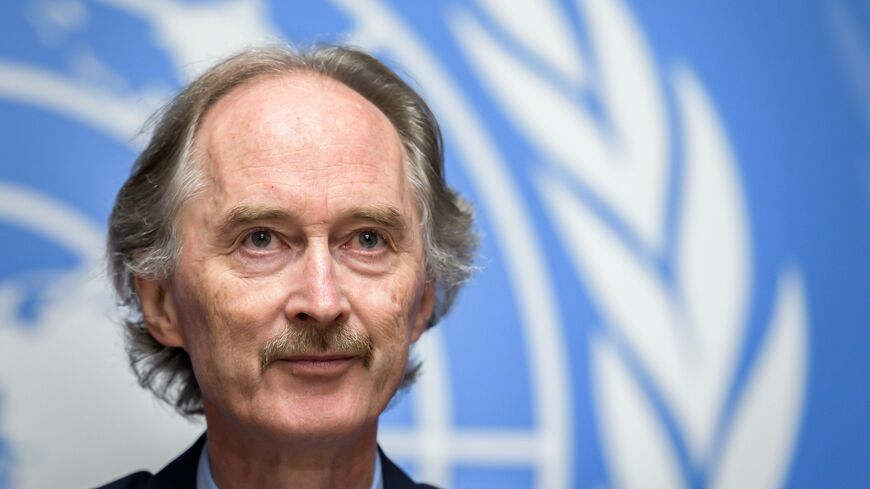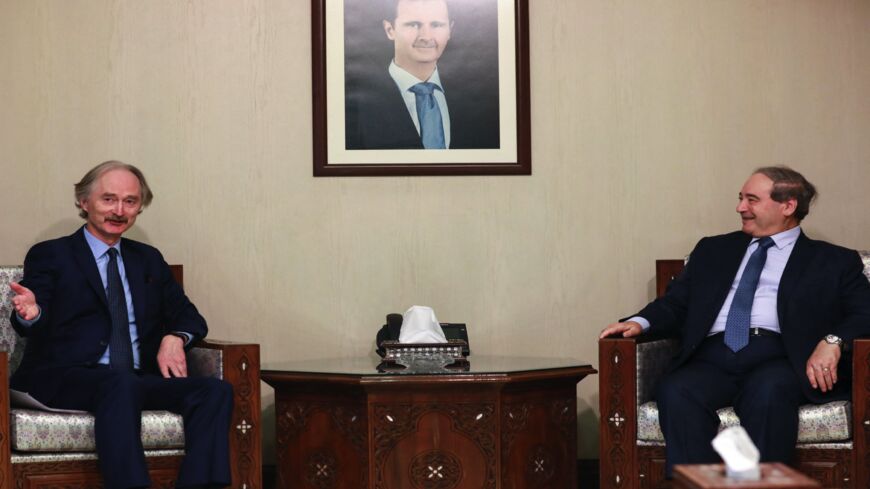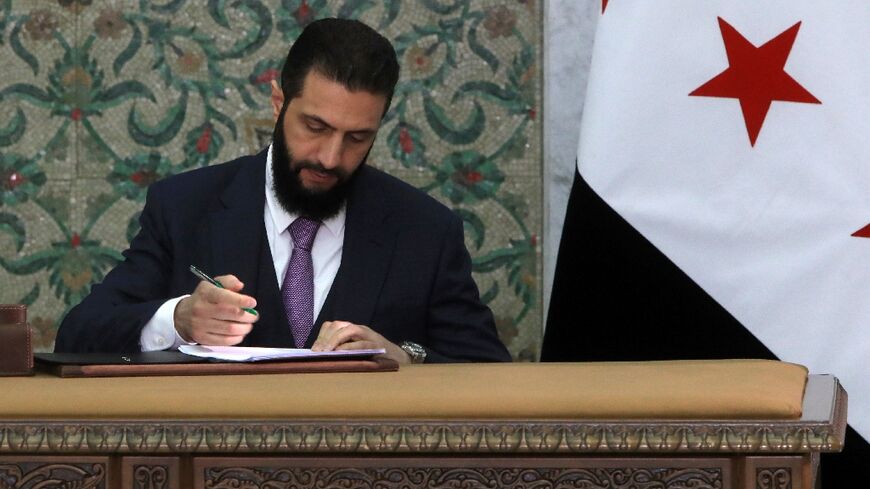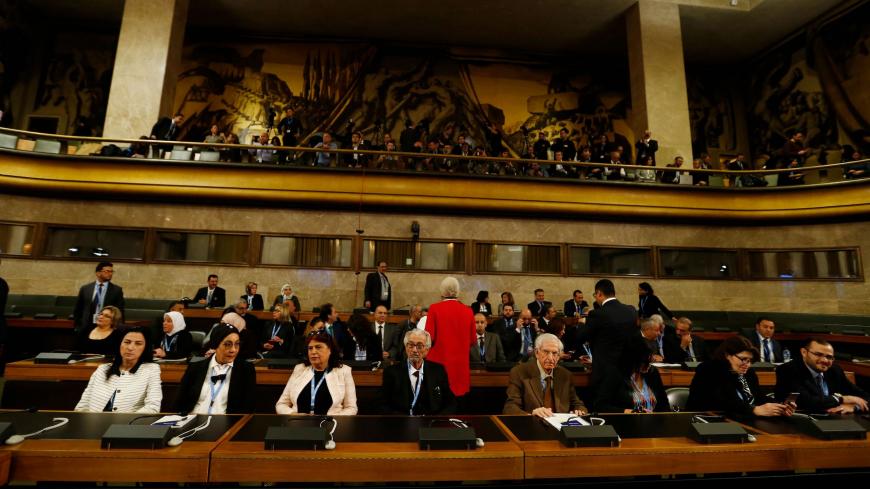UN special envoy for Syria Geir Pedersen steps down after six years
Pedersen is leaving as Syria continues to grapple with political upheaval, humanitarian crises and ongoing conflict.
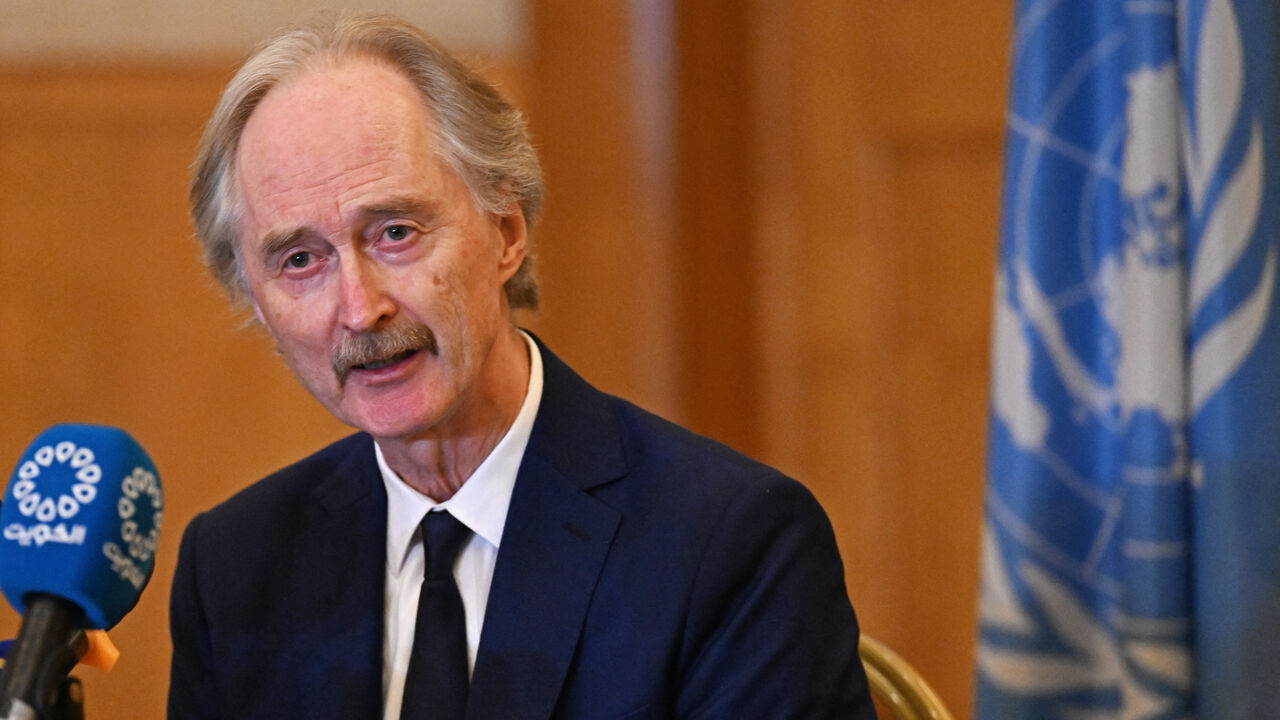
Geir Pedersen has stepped down as the United Nations’ special envoy for Syria, a post he has held since January 2019.
"Pederson has informed the secretary-general of his decision to step down for personal reasons after more than six and a half years of service," a UN official said Wednesday.
The Norwegian diplomat’s resignation was widely expected amid unconfirmed reports that his office in Geneva would be folded into the UN mission in Syria. The move comes just days before the 80th session of the United Nations General Assembly in New York that is due to kick off next week.
Syrian President Ahmed al-Sharaa will address the gathering, marking the first time a Syrian head of state or government will attend the General Assembly.
Pederson "emphasized that he is deeply indebted to, and profoundly grateful to, the Syrian people, who have demonstrated extraordinary courage and humanity throughout these years," the UN official added.
Pedersen, who previously served as the UN special coordinator for Lebanon and Norway’s ambassador to the UN and China, is expected to remain in his post until December.
In what was his final briefing, Pedersen painted a stark picture of Syria, where "the specter of external interference continues to loom large" and a staggering array of challenges, including rebuilding the country's war-shattered economy, regaining the trust of brutalized minorities after a series of massacres, and reintegrating the Kurdish administered regions of the country, are yet to be addressed.
The fall of the Assad regime in December 2024 has upended the political landscape in Syria, raising questions about the envoy’s role as mandated in 2014 when the position was created. The envoy’s main task has since been to secure the implementation of UN Resolution 2254, which calls for a peaceful transition of power from dictatorship to democracy. This includes the establishment of a new, inclusive transitional government and drafting a new constitution ahead of free and fair elections.
While Syria’s interim government and the parliamentary elections that are due to be held later this year cannot be labeled inclusive, the facts on the ground have changed, and a new mandate for the envoy’s role needs to be written, according to diplomatic observers.
According to the Syria in Transition newsletter, the UN informed the Syrian interim government in mid-August of its decision to fully relocate the office of the special envoy from Geneva to Damascus. It remains unclear whether the post of the special envoy will survive alongside the existing resident coordinator who heads the body’s activities in Syria, including humanitarian aid.
Any change in the envoy’s mandate would require unanimous approval of the Security Council and notably of its five permanent members. Russia, whose main goal is to preserve its presence at a naval base on Syria’s coast, and China, which is concerned by the continued presence of Uighur fighters who fought alongside Sharaa — a former jihadi — against the Assad regime, are unlikely to approve any changes that would loosen any remaining leverage they have over the country’s new leaders.
Economic considerations are also in play, as the UN has slashed its budget due to massive US funding cuts by the Trump administration. Some of the jobs held in Geneva — like sanctions experts, for example — may no longer be necessary after the EU and the United States eased many Assad-era sanctions on Syria. But providing security for a broadened mission once Geneva staff who are retained relocate to Damascus will be financially onerous too.
Either way, Pedersen’s exit will mark the end of an era in which the envoy’s role was largely reduced to managing the Assad regime’s sensitivities while keeping regional stakeholders, notably Turkey and Russia, on side. With no political solution in sight and civil conflict raging between Sunni rebels and the regime, the Islamic State slaughtering its way across the country elsewhere, and Turkey mounting successive interventions against the Kurds in the north and east, Pedersen had his work cut out for him. As such, his most important task was to ensure that at least humanitarian aid reached as many of the country’s war-weary and impoverished citizens as it could.

